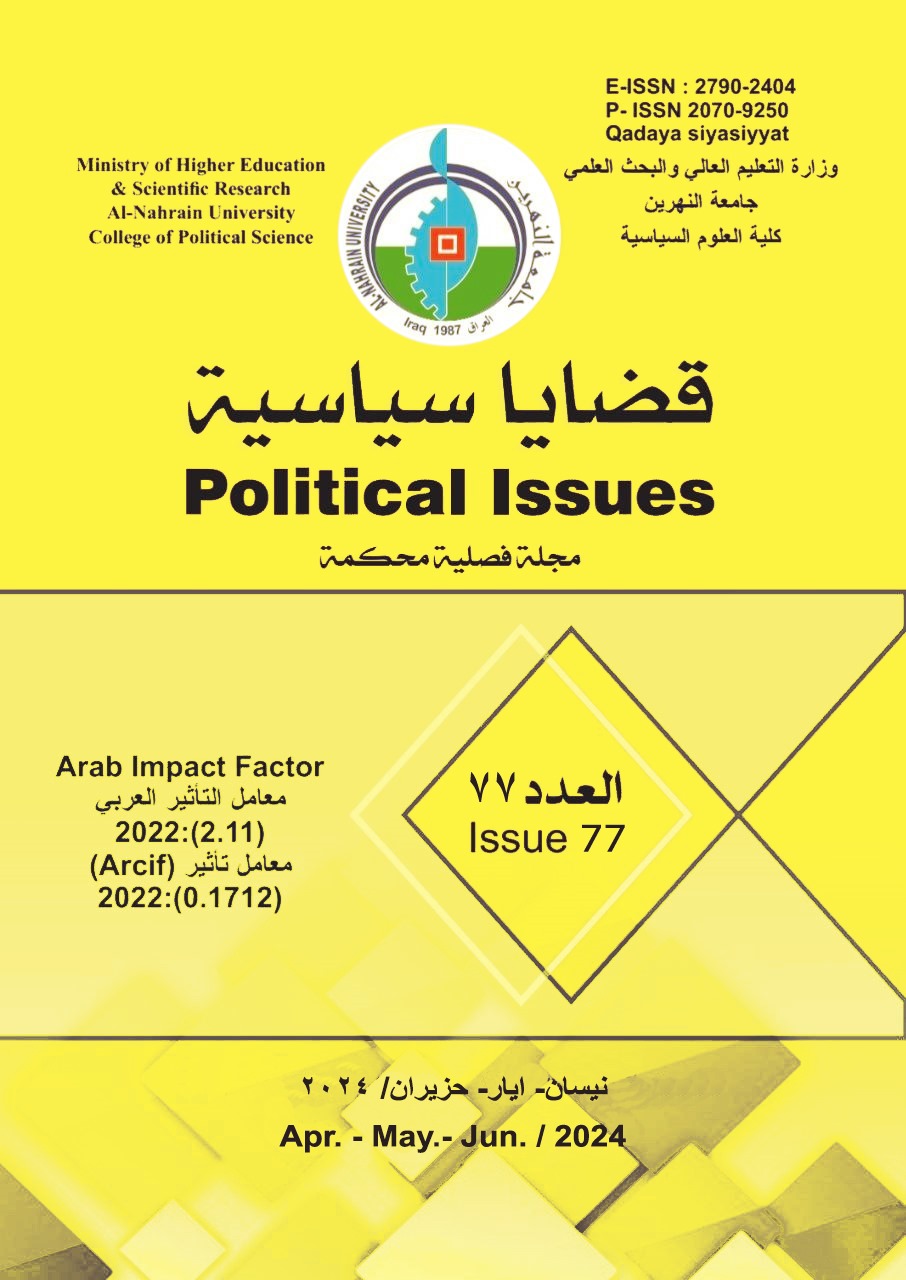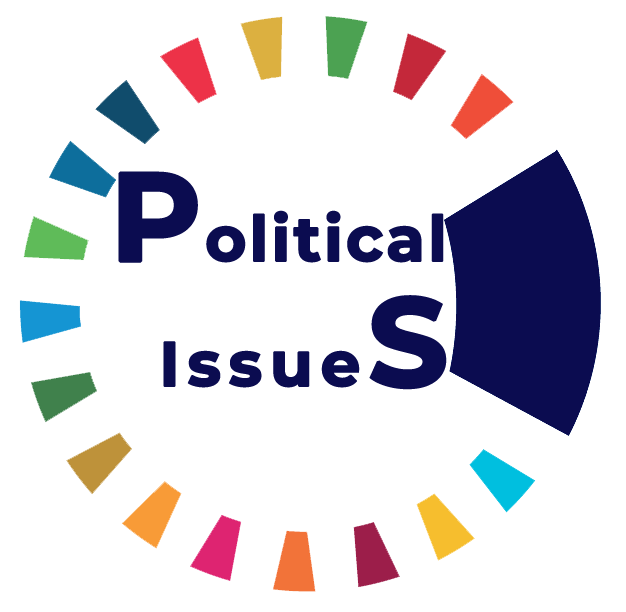Multipolarity and the Future of International Economic System
DOI:
https://doi.org/10.58298/772024584Keywords:
Cold War, Globalization, Multipolarity, International politics, Global economics, Geopolitical dynamicsAbstract
References
Mouatt, S., The transformation of global financial power? a binary economics alternative. 2007.
Butorov, S.A., A.S. Butorov, and O.M. Kanygina. The Geopolitical Transformation of the World Order at the Turn of the Twentieth-Twenty-First Centuries: Modern Realities and Prospects. in 5th International Conference on Contemporary Education, Social Sciences and Humanities-Philosophy of Being Human as the Core of Interdisciplinary Research (ICCESSH 2020). 2020. Atlantis Press.
Sakwa, R., Russia against the rest: The post-cold war crisis of world order. 2017: Cambridge University Press.
Brown, A., Gorbachev, Lenin, and the Break with Leninism. Demokratizatsiya, 2007.
Menegazzi, S., Rethinking think tanks in contemporary China. 2017: Springer.
Maçães, B., Belt and road: A Chinese world order. 2021: Oxford University Press.
Smith, N.R. and G. Dawson, Mearsheimer, realism, and the Ukraine war. Analyse & Kritik, 2022. 44(2): p. 175-200.
MANOILOV, S.V., "The Russian Nationalists and the First World War." CENTER FOR EURASIAN STUDIES “VIA EVRASIA”. p. 1-2.
Ukshini, S., Austro-Hungarian Foreign Policy and the Independence of Albania. 2021.
Kiernan, V.G., European empires from conquest to collapse, 1815-1960. 2024: Verso Books.
Meyer, G.J., A world undone. 2006: Delacorte Press.
John Maynard, K., The Economic Consequences of the Peace. 1919.
Bullock, P.R., S. Permiakova, and G. Stedman, Introduction: The First World War and its Aftermath: Literary Networks and Cultural Encounters. 2021, SAGE Publications Sage UK: London, England. p. 184-191.
Satragno, L., The International Monetary System in the Post-Crisis Era, in Monetary Stability as a Common Concern in International Law. 2022, Brill Nijhoff. p. 10-35.
Pauly, L.W., The League of Nations and the foreshadowing of the International Monetary Fund. Essays in International Finance, 1996(201): p. 1-47.
Rodrik, D., The globalization paradox: Democracy and the future of the world economy. 2011: WW Norton & Company.
Schulmeister, S., Globalization without global money: the double role of the dollar as national currency and world currency. Journal of Post Keynesian Economics, 2000. 22(3): p. 365-395.
Hoekman, B.M. and M.M. Kostecki, The political economy of the world trading system: the WTO and beyond, Oxford University Press, 2009
Nayak, S. and S. Nayak, Benign Neglect of Dollar: The Bretton Woods and Its Demise. The Global Financial Crisis: Genesis, Policy Response and Road Ahead, 2013: p. 101-113.
Cohen, J.N. and M.A. Centeno, Neoliberalism and patterns of economic performance, 1980-2000. The Annals of the American Academy of Political and Social Science, 2006. 606(1): p. 32-67.
Cerny, P.G., Globalization and the changing logic of collective action. International organization, 1995. 49(4): p. 595-625.
Additional Files
Published
Issue
Section
License
Copyright (c) 2024 سرى موفق جعفر

This work is licensed under a Creative Commons Attribution 4.0 International License.
This is an Open Access article distributed under the terms of the creative commons attribution (CC BY) 4.0 international license which permits unrestricted use, distribution, and reproduction in any medium or format, and to alter, transform, or build upon the material, including for commercial use, providing the original author is credited.






